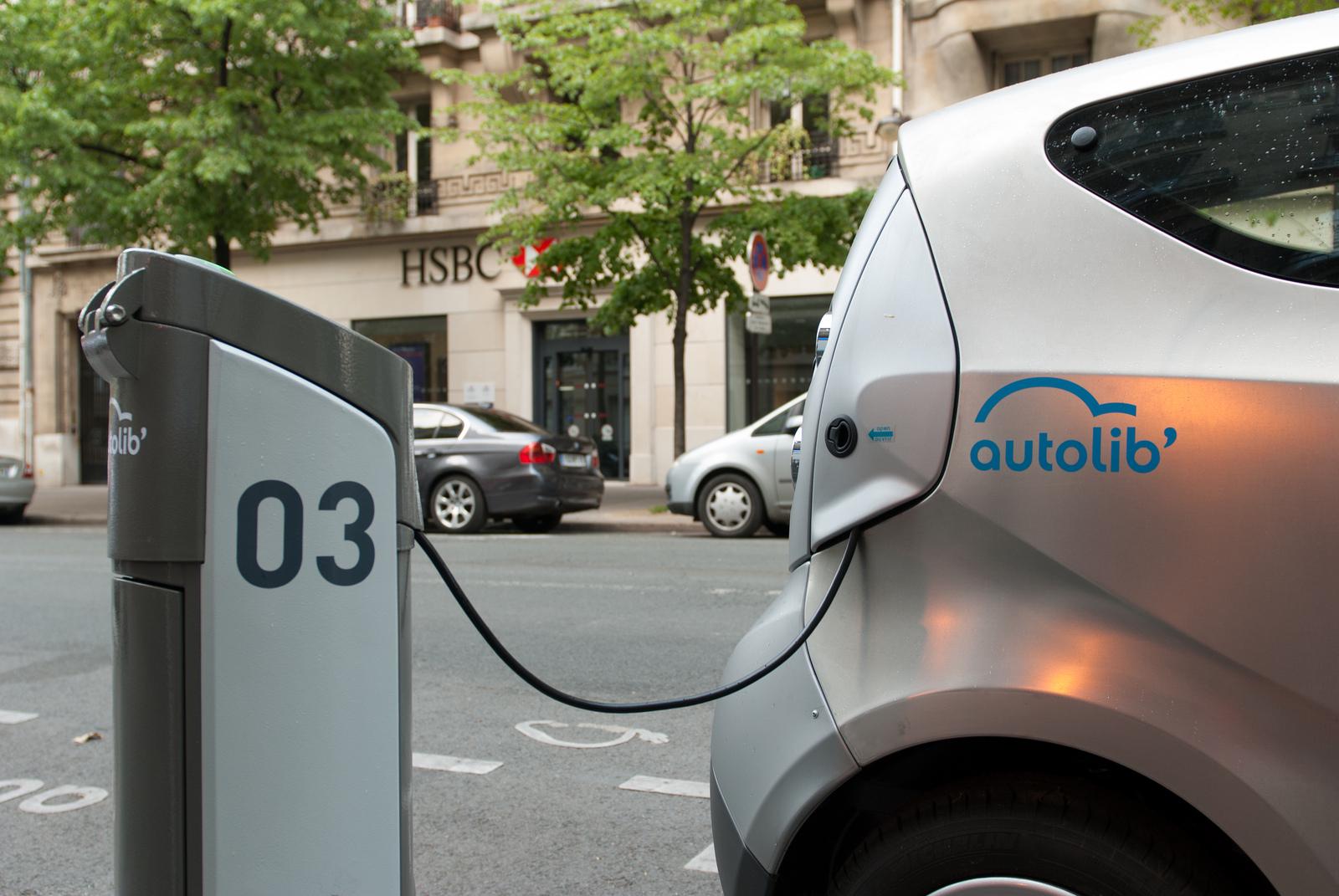The growing success of electric car sharing scheme Autolib in Paris has inspired London to follow in suit.
Since 2007, the city of Paris has had a bike sharing scheme known as Velib, which is run to this day by the Bolloré industrial group.
Parisians rent bikes from shared terminals dotted throughout the city, a move that not only decongested traffic but also contributed to the reduction of air emissions.
With the success of Velib, Bolloré then decided to introduce a fleet of electric cars in December 2011, along similar lines.
Known as the Autolib, the electric car sharing service complements the existing bike sharing scheme such that Parisians have a choice between cars and bikes, whichever suits their transportation needs in and around the city.
Both choices are extremely eco-friendly options.
About Autolib
The Autolib scheme involves a fleet of Bolloré Bluecars, which are electric vehicles the public can use on a paid subscription basis.
The fleet of electric cars are based around a Paris-wide network of charging and parking stations, thus making it easy for users to access the vehicles.
As of July 2014, the Autolib scheme already had 2,500 Bluecars as well as over 155,000 registered subscribers.
It also boasts of over 4,000 charging points for electric vehicles all over the City of Lights.
However, the success of the electric car sharing was in doubt at the time of its launch.
Many were cynical that Bolloré could hit the break-even membership of 80,000 members, much less surpass it for profit purposes.
Today, its success has inspired the city of London to adopt the car sharing scheme at a more modest rate.
Ten electric cars were introduced to London and were painted the distinctive red of the city’s buses, phone booths, and post boxes.
Autolib charging and parking station in Paris. Photo courtesy of Groume
London’s plan
The city plans to increase the number of electric vehicles in the car sharing scheme to 3,000 units over the next five years.
At this rate, the London scheme will be the same size as the Paris project.
As with the Paris launch, the London launch was designed to see fewer Londoners driving their gas-guzzling vehicles around the capital.
In the process, London should see reduced traffic snarls and air emissions, which are just two benefits of utilising these eco-friendly electric vehicles.
In the Paris case, the scheme appears to have worked in two ways. First, the membership in the sharing service has risen. Second, more people are buying electric vehicles for their own personal use.
Between the fourth quarters of the 2013-2014 period, the number of electric vehicles registered in France rose by over 50 per cent.
The increase is remarkable considering that the French car market was stagnant; the French purchased just 2.3 per cent more cars in the first quarter of 2015 in comparison with the first quarter of 2014.
London is not the first city to adopt the successful electric vehicle sharing scheme.
Autolib was previously launched in Lyon and Bordeaux, and even Indianapolis is is jumping on the bandwagon this year.
Photo courtesy of Damien Roué



